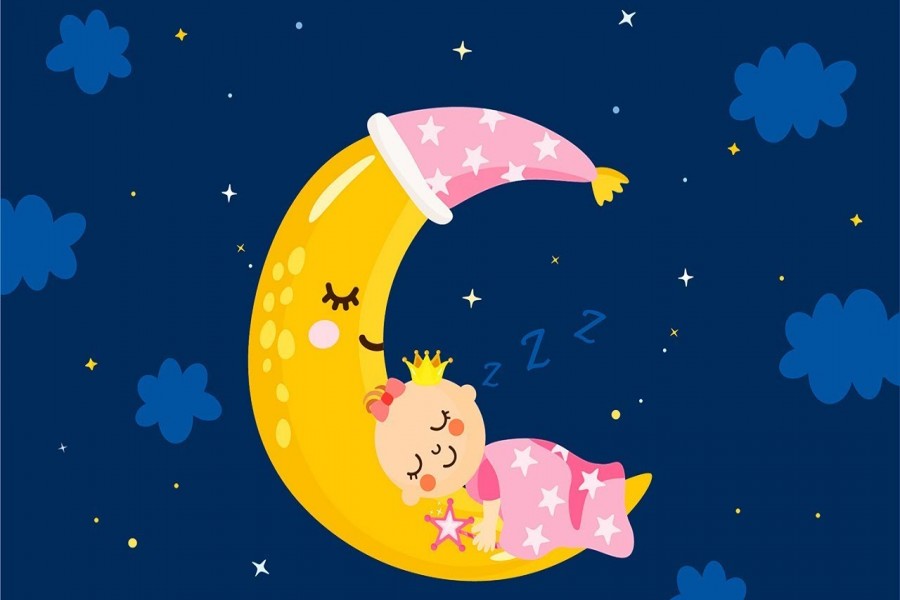
Published :
Updated :

The practice of singing to a baby to sleep is not a new phenomenon. Some of us have the sweet experience of listening to them during our childhood, while many know this from films and literature.
Say it lullaby or ‘Ghum parani mashi-pishi’ song, people love these to soothe their stressed minds into sleep.
Lullabies have been passed down through the generations. In 2,000 BC, the first lullaby was carved into stone. A lullaby, often known as a cradle song, is a calming song or piece of music intended for children.
Lullabies serve a variety of purposes. They are employed to pass down cultural knowledge or tradition in various societies. What makes a lullaby unique is the communication style it has with the baby which gives it a sweet sense of security.
The origin of lullabies and their odd lyrics are interesting. And what's more interesting is that scientific studies have proven that lullabies do indeed work to soothe cranky babies and lull them to sleep.
In fact, many Newborn Intensive Care Units in America play lullabies to help preemies eat, sleep, and heal.
Some think children are afraid of the dark. However, it is not really the darkness that a child is afraid of; it's the feeling that it may be alone.
Lullaby makes one fall asleep by making them feel relaxed. As the lullaby is sung, the child knows you are still there, even if they close their eyes and it gets dark, you are protecting them.
The musical style of storytelling in lullabies is relaxing. It focuses the child's complete attention on one thing. This undivided attention to the lullaby makes the child calm; it becomes something that the child listens to without analysing.
Lullabies work great on children as it helps them focus on that one sound. However, the same cannot be told for an adult.
An adult’s mind is congested with various thoughts; it is difficult to divert that mind while listening to lullabies. However, it might help to calm an adult to some extent similar to how music calms them down.
Lullabies, according to experts, help to strengthen the connection between mother and child. The child is listening when the mother softly rocks it and sings to it. This is a means of exchanging information. Even if your baby does not grasp the words, singing helps the child develop language abilities and enhance her senses.
One of the most important aspects of lullabies is that they provide your baby with a sense of security. Your baby hears your voice and feels your presence as you sing her to sleep, which helps it relax.
Lullabies create a peaceful, comfortable environment for your infant, in addition to fostering trust and confidence in your connection.
According to studies, you do not have to sing the lyrics of lullabies for them to work. Humming a song will suffice if you don't know the words. Even when there are no words, lullabies and ballads soothe a cranky newborn.
The effectiveness of lullabies was proven in a study conducted by a PhD student from the Université de Montréal. Her findings revealed a resounding endorsement of lullabies' efficacy.
Lullabies help babies in three ways - they assist manage the baby's or child's emotions, they help develop a stronger bond between the child and the parent, and they help establish a schedule.
rabbi.zahidur@gmail.com


 For all latest news, follow The Financial Express Google News channel.
For all latest news, follow The Financial Express Google News channel.